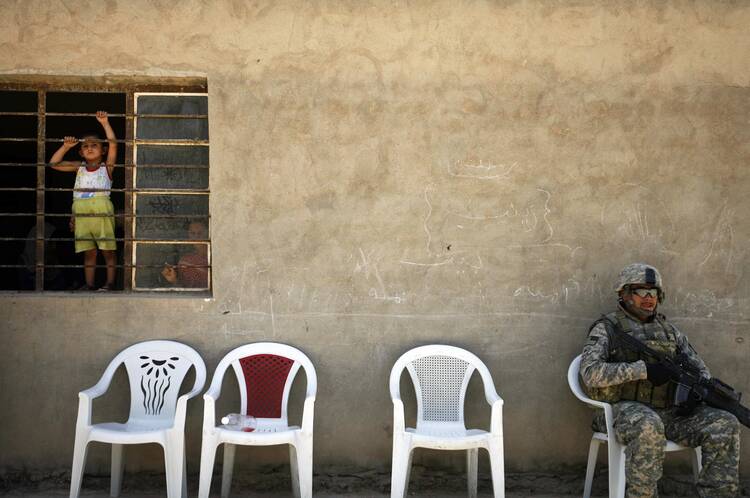Just a few days before news emerged that the city of Falluja in Iraq’s Anbar Province had fallen into Al Qaeda hands on Jan. 3, the Web site Iraqbodycount.com released its report on the annual death toll in Iraq. Its researchers found that 9,500 civilians died in violence in Iraq in 2013, the worst toll since 2008 and double the number who were killed in Iraq because of violence arising out of sectarian conflict and acts of terrorism in 2012. According to the report, 2013 started with protests and rising discontent as Iraq’s Sunnis demanded political reform and power sharing, while the government of Nouri al-Maliki abandoned efforts to be cross sectarian, targeting Sunni politicians, arresting and interrogating them and forcing others into exile. After Iraqi security forces killed 49 Sunni protestors on April 23, retaliation strikes resulted in a tripling of the number of civilian deaths over the next 6 months.
Iraq Death Toll Worse Since Conflict in 2008
Show Comments (
)
Comments are automatically closed two weeks after an article's initial publication. See our comments policy for more.
The latest from america
At a Mass for the Jubilee of Youth outside Rome, Pope Leo exhorted over a million young people to be "seeds of hope" and a "sign that a different world is possible."
Perhaps it is the hard-won wisdom that comes with age, but the Catholic rituals and practices I once scorned are the same rituals and practices that now usher me into God's presence, time and time again.
"Only through patient and inclusive dialogue" can "a just and lasting conflict resolution can be achieved" in the long-running conflict between Israelis and Palestinians, said the Holy See's permanent observer to the United Nations.
The ”Bad Guys” films ask, how do we determine who the “bad guys” are? And if you’re marked as “bad” from the start, can you ever make good?








